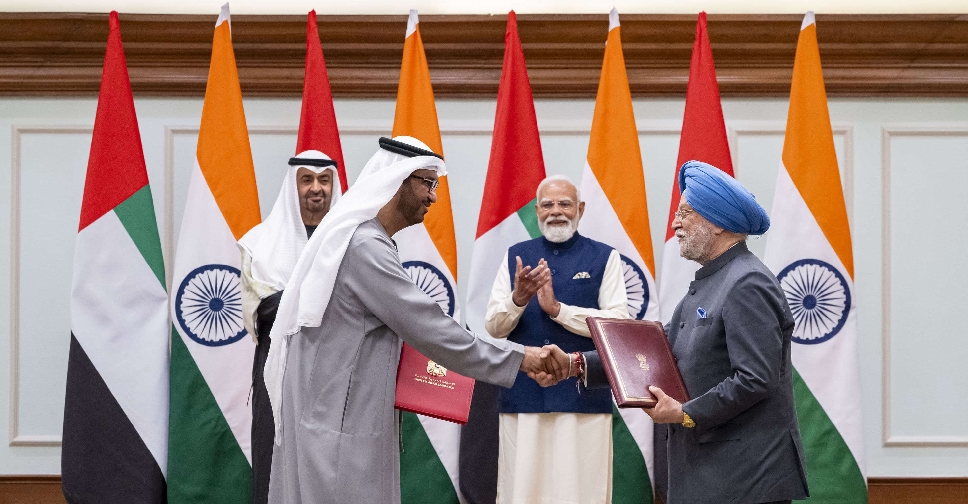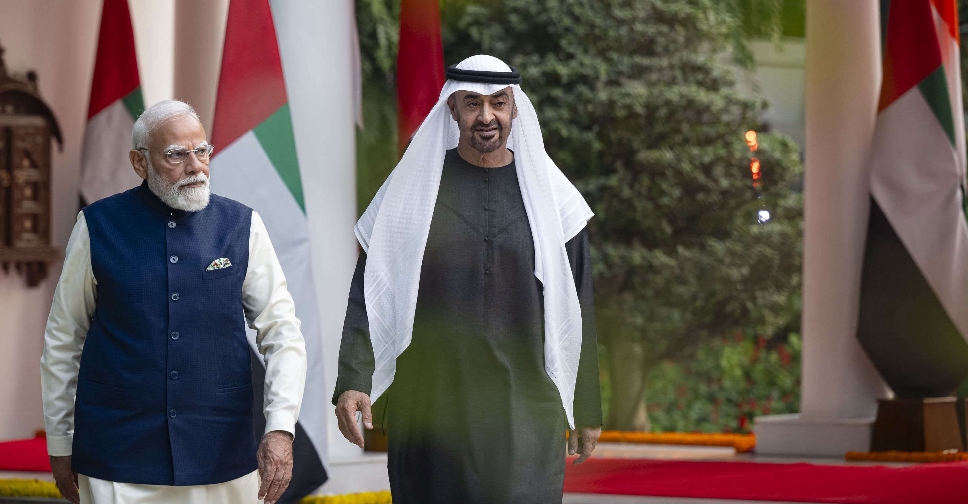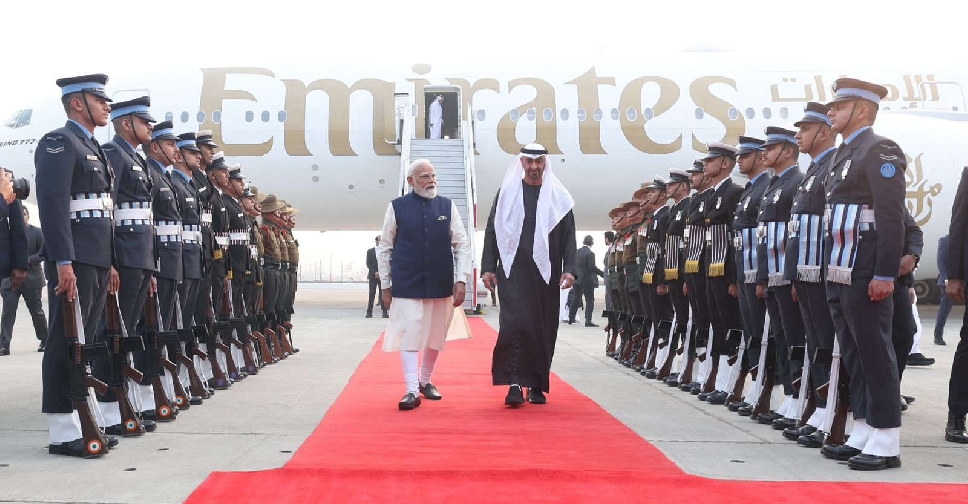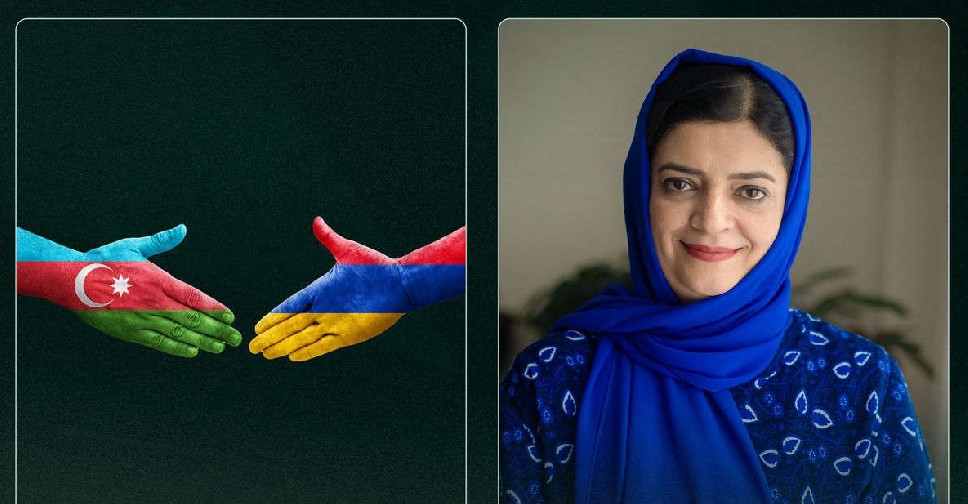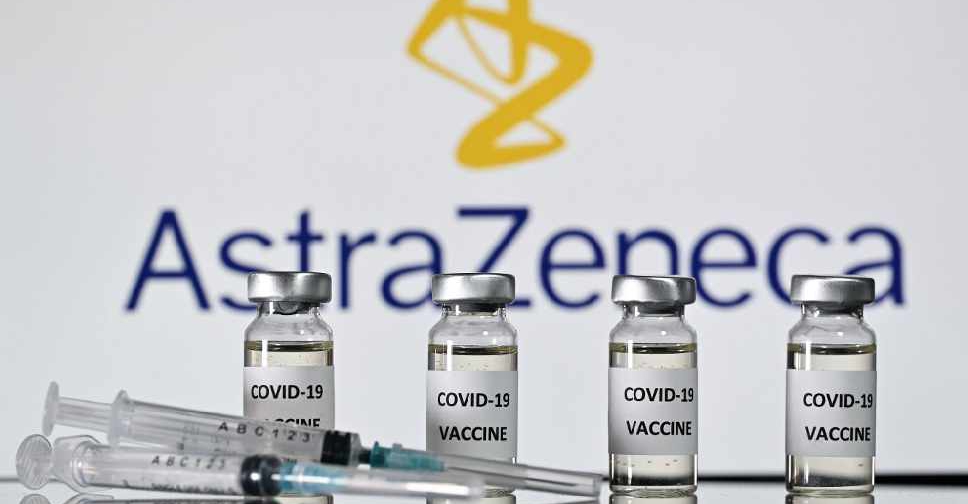
AstraZeneca said on Monday its vaccine for the novel coronavirus, developed along with the University of Oxford, could be around 90 per cent effective under one dosing regimen.
"This vaccine's efficacy and safety confirm that it will be highly effective against COVID-19 and will have an immediate impact on this public health emergency," Pascal Soriot, Astra's chief executive, said in a statement.
British Health Secretary Matt Hancock described as "fantastic news".
"These figures... show that the vaccine in the right dosage can be up to 90 per cent effective," he told Sky News, after an announcement from AstraZeneca.
"We've got 100 million doses on order and should all that go well, the bulk of the rollout will be in the new year."
The British drugmaker's preliminary trial results mark a fresh breakthrough in the fight against a pandemic that has killed nearly 1.4 million people and roiled the global economy.


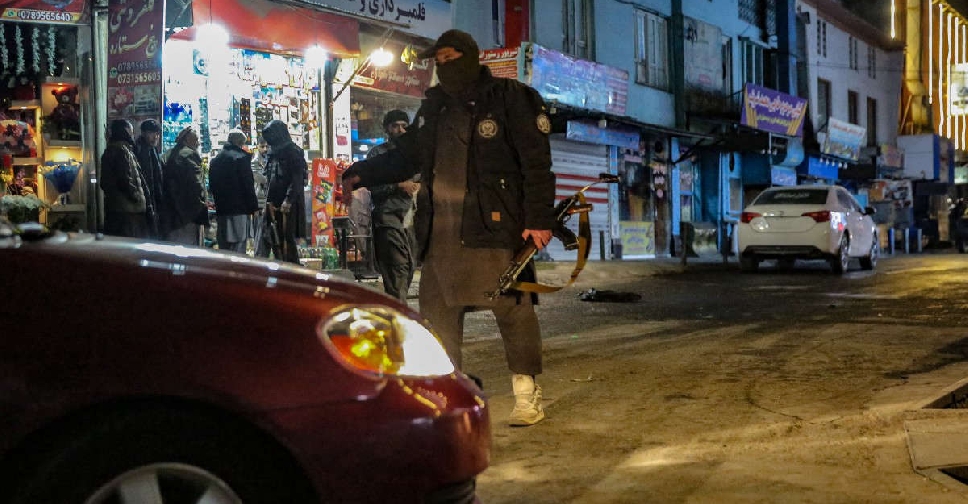 Blast kills seven at Chinese-run restaurant in Kabul
Blast kills seven at Chinese-run restaurant in Kabul
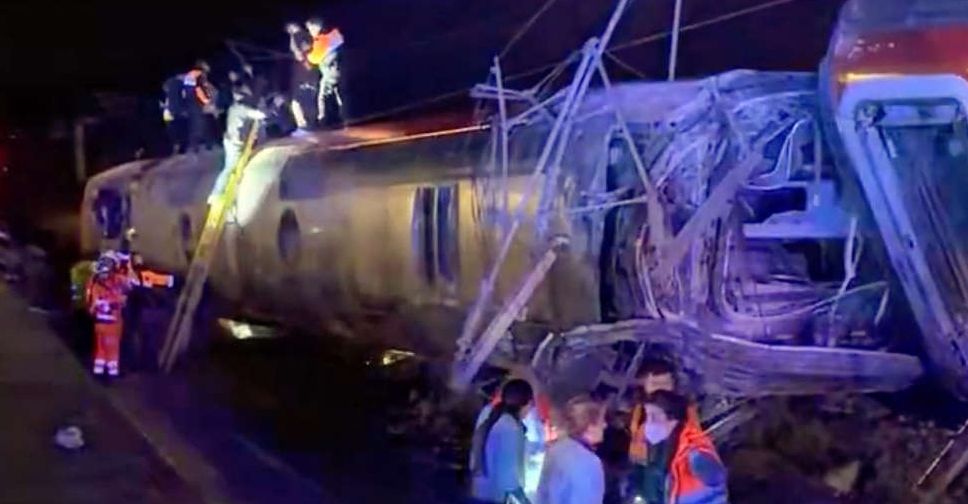 Death toll from high-speed train collision in Spain rises to 39, RTVE reports
Death toll from high-speed train collision in Spain rises to 39, RTVE reports
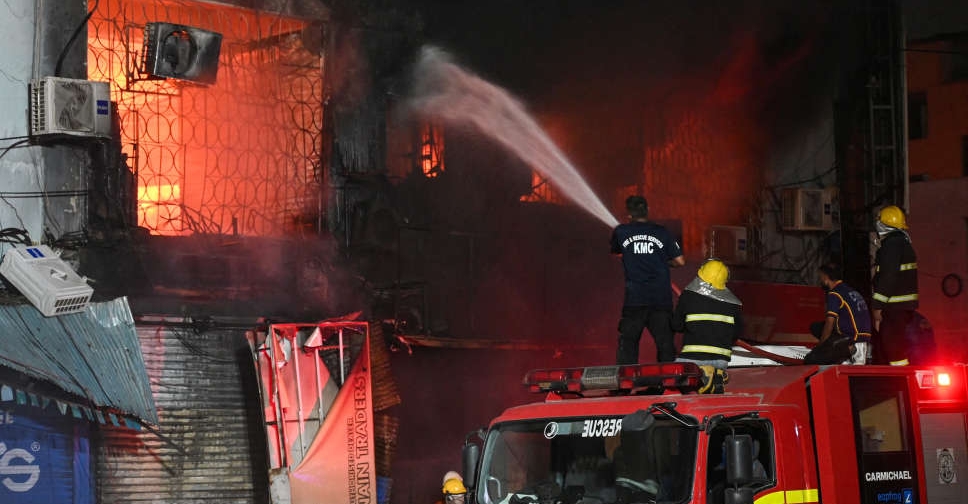 Dozens missing after massive Karachi mall fire, 21 killed
Dozens missing after massive Karachi mall fire, 21 killed
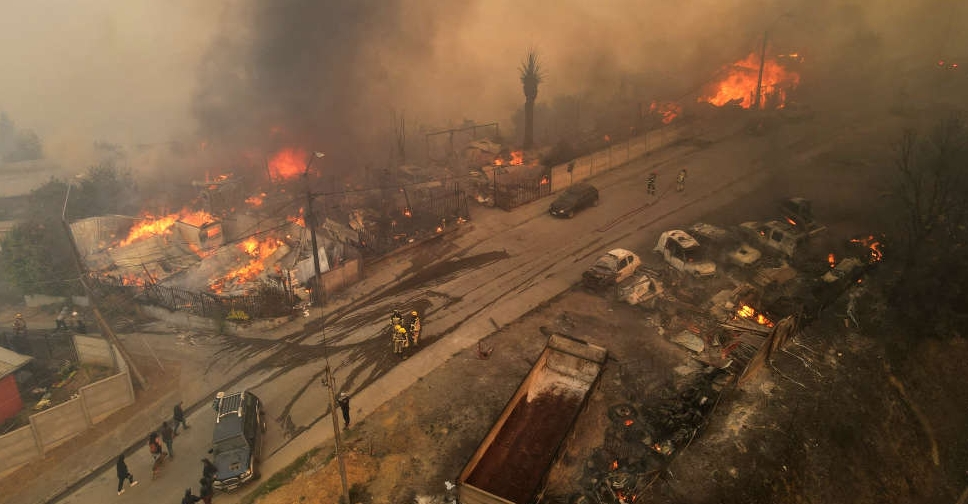 Chile wildfires leave 19 dead amid extreme heat as scores evacuated
Chile wildfires leave 19 dead amid extreme heat as scores evacuated
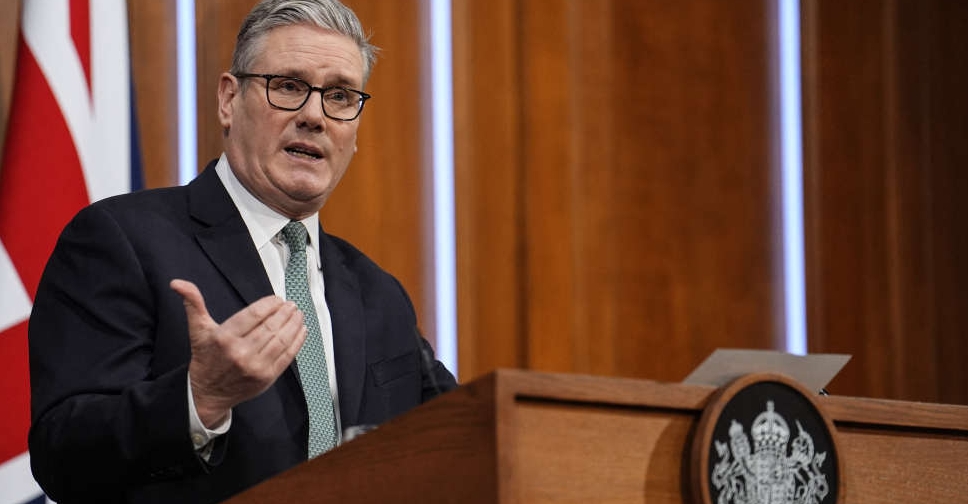 UK Starmer calls for 'calm discussion' to avert trade war with US over Greenland
UK Starmer calls for 'calm discussion' to avert trade war with US over Greenland
